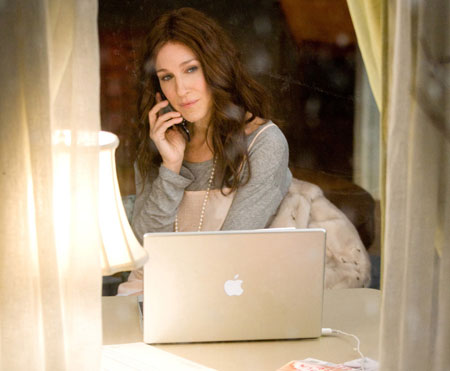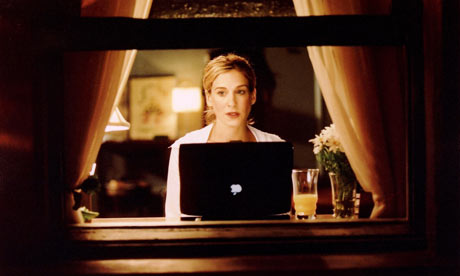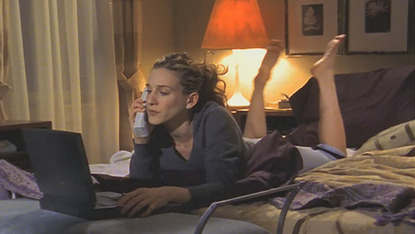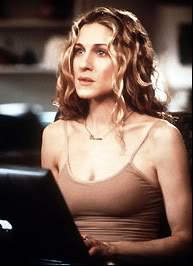The excuses are numerous: “I’m just tired of writing negative reviews”, “If I don’t have something good to say, better to say nothing at all”, “I don’t want to discourage anyone”, “my audience isn’t sophisticated enough to handle it”, “it doesn’t make any difference any way”; to all of these excuses by theater critics and reviewers here in Los Angeles – and anywhere for that matter – for not writing negative reviews I say to you, “Bullshit. Bullshit, bullshit, bullshit.” And even more than that I say, “Shame. Shame, shame, shame.”
Shame and bullshit.
You are not theater boosters, you are not theater cheerleaders, you are not theater publicists, you are theater critics. Act like one.
Bold words from Colin Mitchell, writing in the excellent Los Angeles theater blog Bitter Lemon. It is a well-worth-reading long rant against what one of his fellow writers, in an otherwise incoherent column, called "the sin of Nice Guyism." Though I applaud Mitchell's attitude, something about the complaint leaves me cold. It made me wonder—and I feel so wonderfully Carrie Bradshaw right now, ending my lede with a rhetorical question—is it ever nice...to be nice?
(An aside: there are so many wonderful pictures of Carrie looking thoughtful while asking inane rhetorical questions:






My friends and I used to play a game called Carrieism, where we would try to think of the most perfectly thoughtful stupid puns. My all-time favorite, imagined for an episode about the pressures of planning an anniversary—"And so it made me wonder...at what point does a milestone...become a millstone?" Send $45 to this blog and I'll teach you how to play at home.)
Toxic reviews, are as irresistible as fried food, but Mitchell isn't calling for nastiness—just good, honest criticism. Theater criticism is not the same as writing about film, books or art. It's more like music writing—bigger and smaller at the same time—and there are a couple of reasons to argue against honesty. I'm not sure I entirely agree with them, but it seems worthwhile to raise, if only because I've got most of a cup of coffee left, and I can't enjoy coffee if I'm not typing half-witted nonsense at the same time.
The first is a question of column inches. Dozens of shows open every week, and even the Times—New York or L.A.—can cover only a handful. Savage reviews are delightful, but unless a show is a notable flop, the space can be better used. Why waste the paper's space and the reader's time on a show that's not worth the ink?
The slightly squishier argument is that, in some cases, it's better not to kick a production while it's down. At first glance, the thought of a critic refusing to speak out on behalf of the audience seems cowardly. In taking down an overblown Broadway show, the critic is, uh, whatshisname. That short guy that threw that rock at that big guy. But step down the ladder a few ranks, and suddenly Whoosewhatsit Shortguy looks pretty goddamned big.
I'm not talking about amateur theater, although writing this did remind me of David Sedaris' vicious reviews of children's Christmas plays—"The story of the first Christmas is an overrated clunker of a holiday pageant." Small-scale theater in New York, and I say this as someone who writes for small-scale theaters, is mostly garbage. To indulge in a cliche, because I'm not getting paid to write better than this, when searching for diamonds in the rough, a critic shouldn't complain when he doesn't find a jewel. A salary, health insurance, and a full set of teeth make a professional critic a fat cat compared to most people who work off off Broadway. Tearing down their work would make him a bully.
Again, I'm not entirely sure I agree with the argument for kindness, unless it's my own work that's being reviewed. Even as I type this, I can think of one good reason to savage the smallest production: a lazy script. Last year I saw an acquaintance's play performed at a well-respected small downtown theater. The production was simple but gorgeous; the acting was mostly good; the seats were comfortable. But the script was repetitive, shrill and trite. That's not a crime—plenty of my best friends are repetitive, shrill and trite—but the playwright had spent over a year on this play, workshopping it several times and changing almost nothing at all.
Present a play in good faith, and the critic owes you the benefit of the doubt. But if your playwright—or director, actor, designer—isn't capable of self-criticism, he is wasting the audience's time, and deserves a taste of the ax.
